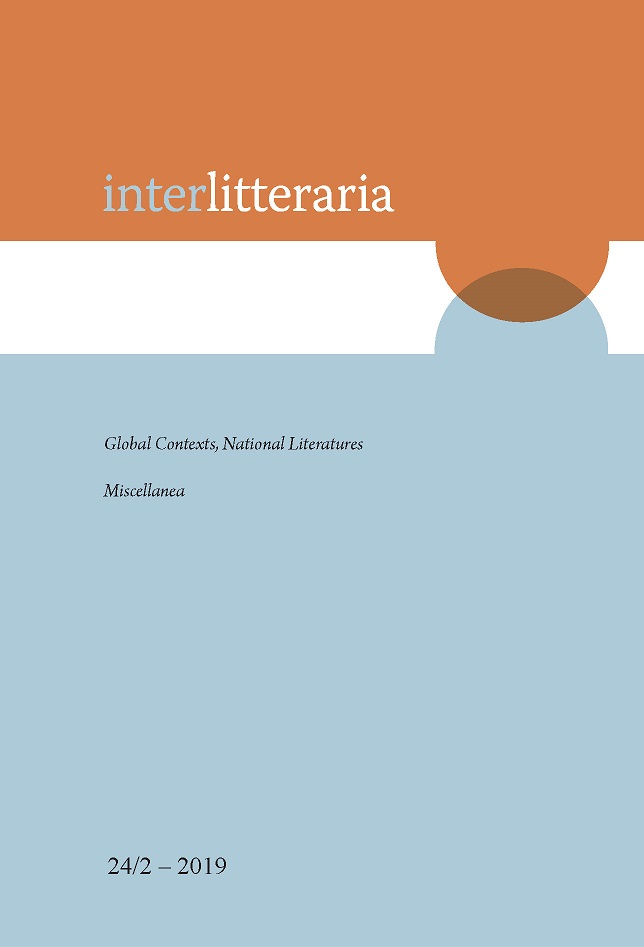Soviet Colonial Modernity and the Everyday in Twenty-First Century Latvian Literature
Soviet Colonial Modernity and the Everyday in Twenty-First Century Latvian Literature
Author(s): Benedikts KalnačsSubject(s): Fiction, Political Philosophy, Political history, Latvian Literature, Government/Political systems, Post-Communist Transformation, Theory of Literature, Sociology of Politics, Politics of History/Memory, Politics and Identity
Published by: Tartu Ülikooli Kirjastus
Keywords: coloniality; Latvian novel; memory; modernity; national identity; postcolonial discourse;
Summary/Abstract: This paper intends to discuss the case of Latvia in comparison with other European postcolonial situations and to trace the problems which determine the complexity of self-consciousness of the inhabitants of the country from postcolonial and post-Soviet perspective. The focus of this investigation is on the series of novels which deal with twentieth-century history and memory in Latvia. Due to the fact that the chosen texts attempt an evaluation of the Soviet past, an attention is paid to those aspects of representation of the everyday which considerably distinguish contemporary fiction from literary works created during the period of socialist realist dominance. The importance of history and of different everyday practices in forming specific features of national identity is also seen in the context of the attempts of contemporary authors to discover and define themselves as part of today’s global community as they try to position themselves within world literature. In this perspective, the contemporary as well as the historical experience of the Baltic nations testifies to the common roots of European society helping to build bridges between different ethnic and social groups and their members.
Journal: Interlitteraria
- Issue Year: XXIV/2019
- Issue No: 2
- Page Range: 408-422
- Page Count: 15
- Language: English

